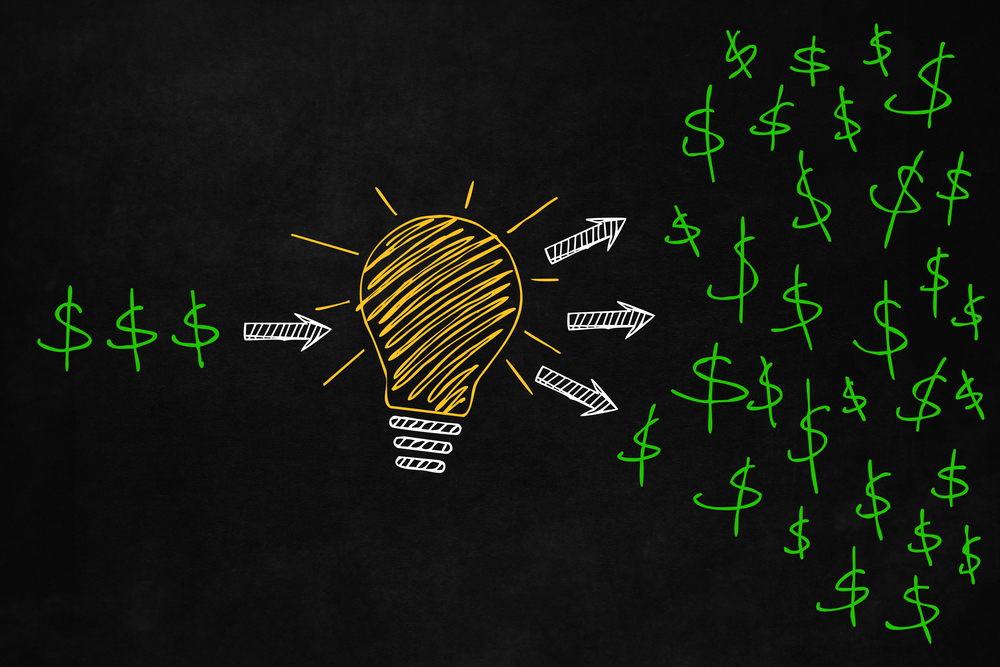In this episode of EconTalk, Russ Roberts hosts Robert Hall, a professor of economics and fellow at Stanford University’s Hoover Institution. Roberts and Hall discuss The Federal Reserve’s monetary policy following the Great Recession, in addition to Hall’s experience as chair of the National Bureau of Economic Research Committee on Business Cycle Dating. The two explore what we know and don’t know about the recovery from the Great Recession and what we may have learned about the choices facing the Federal Reserve and the policy instruments the Fed has available.
In the wake of the COVID pandemic and another round of economic “stimulus,” the questions raised in this episode remain pertinent. We hope you’ll use some of the prompts below to continue the conversation.
1- Extensive disagreement exists amongst economists, politicians, and citizens on the role of monetary and fiscal policy following a recession. Following the Great Recession, The Fed aggressively employed expansionary monetary policy, including the lowering of interest rates. Hall asserts that during the post Great Recession years, expanding discretionary fiscal policy was not politically feasible.
To what extent should expansionary monetary and fiscal policy be used as a tool to aid an economy’s recovery from a recession? What monetary and fiscal policy measures should be employed or avoided following a recession? How can governments and central banks determine the adequate level of monetary and fiscal policy expansion, while prioritizing the national debt and inflation?
2- During the Great Recession, the Obama administration initiated an $800 billion Stimulus Package. A large amount of the funds from the stimulus package went directly to state and local governments. Hall argues that many of these governments used the stimulus money to pay off their debts.
If the federal government utilizes economic stimulus, what programs and services should it invest in? Should individual citizens, businesses, or local governments be the priority of federal economic stimulus? If federal stimulus funds are given directly to state and local governments, should those governments be allowed to use the funds to pay off their debts? Why or why not?
3- Hall attests that for many Americans, it doesn’t make fiscal sense to enter the labor market and relinquish government benefits. This problem persisted during the COVID-19 pandemic, where many Americans stayed unemployed, partially motivated by record-high unemployment benefits that exceeded the compensation of some occupations.

Hall asserts that disability is the welfare program most in need of reform; to what extent do you agree? Besides disability, what other welfare programs are in need of reform, and why? How can the welfare system best be reformed to ensure that current recipients are able to re-enter the workforce and be self-sufficient in the long-run?
4- Around the start of the Great Recession, The Fed started paying interest on excess reserves. As a result, banks were encouraged to keep their excess reserves in the Fed, rather than loan them out. At the time of this episode’s recording, The European Central Bank paid a negative interest rate to banks holding excess reserves, a policy that Hall desired the Fed employ.
Should the Fed’s excess reserve rate be positive, negative, or zero? How can adjustment of the excess reserve rate be used as an effective monetary policy tool to control unemployment, inflation, and the national debt?
5- Historically, the simplified start date of a recession was determined to be after two consecutive quarters of negative GDP growth. Hall argues that this theory isn’t always accurate, citing factors such as the aggressive revision of previous GDP data, the transition to GDP being measured monthly, and factors beyond negative GDP growth that can signify the start of a recession.
Do you think that two consecutive quarters of negative GDP growth automatically signifies an economy is in a recession? What other factors should be used to determine if an economy is in a recession? Is the United States currently in a recession or destined to face one soon? Explain.
[Editor’s Note: This Extra was originally published on June 28, 2023.]
Kyle Fowler is a student at Indiana University studying Accounting and Finance and is a 2023 Summer Scholar at Liberty Fund.


Comments are closed.